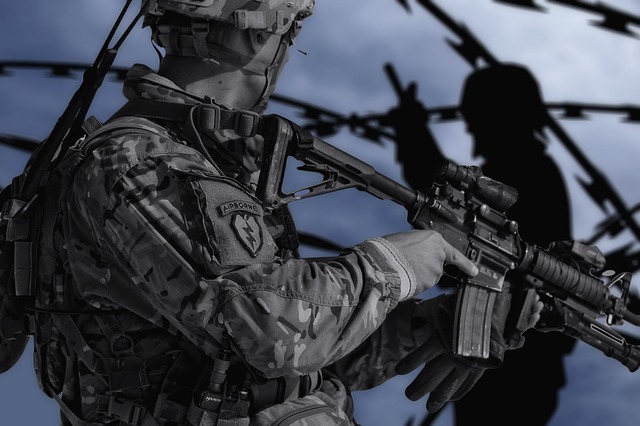If ever the well-worn idea of Stockholm syndrome were to have a Spanish equivalent, complete with the passionate flair of the urban landscape and the compact but spacious flats and apartments, it would have to be that of this mid-career movie directed by Pedro Almodóvar with his frank drollery, darkness, and humor. Átame is a blast, featuring an Antonio Banderas early in his career as a madman envisioning a life for his unsuspecting hostage. Arriving…
-
-
There are many things to be said about the Before trilogy, among them the impressive range of its defining qualities: the long tracking shots of extended dialogue in which both Jesse and Céline, played with natural charisma and chemistry by Ethan Hawke and Julie Delpy, take up the threads of a floating and often capricious conversation and weave something that can be magical; the laid-back boldness of its director, Richard Linklater, who’s afraid neither of…
-
Somewhere in the Amazon basin, an isthmus between the Urubamba and Camisea Rivers serves as the principal location for the feat of dragging a boat over a mountain, captured on film by Werner Herzog in his true-to-life creation Fitzcarraldo. It is a strange, obsessive, somewhat outré take on the historical legend from which the movie takes its so-called inspiration, the rubber baron Carlos Fermín Fitzcarrald, who apparently took over the mountain a smaller and less…
-
Proust—what an author, eh? He can be difficult to dig into, and not only because his work can give rise to an infamous snobbery, an ironic response to an author that made much of his undying contempt for snobbery. He can also inspire so much thinking and self-reflection that his winding tome, as many of his critics and readers have already pointed out, can serve as the ultimate self-help book. And it’s great that the…
-
The Tramp has to be the most imperishable character in the history of physical comedy. Buster Keaton, his stoic and graceful attitude toward the beleaguered lives of his characters, his immense poise in the midst of disaster, the well-thought-out stunts and set designs—his might have been a greater talent. And Harold Lloyd might have been more entertaining, more daring, and more versatile as a mainstay of the same pantheon of physical comedy. But the Tramp…
-
After watching Teorema, I get the feeling that one of the rivals of the image-focused cinema of Ingmar Bergman in the twentieth century was the renegade and iconoclastic Pier Paolo Pasolini, who with the image of a face, a body, a sudden movement, or a stony silence was often able to draw out the stunning intensity of a character. Above all in Teorema, beyond the piquant provocations of a slew of ideas and the crosscurrents…
-
Could it be that the mainspring of the behavior of our delightful twenty-something protagonist, Frances Ha, is a kind of innocuous solipsism? The walled-in world of her self-esteem, her occasional self-amusement suggesting that she’s getting along in the world despite its harshness and cruel indifference, her ability to dance down the street with a lithely flying, pirouetting body in those rich and vibrant tracking shots on the avenues of New York City without the slightest…
-
As directed by Ernst Lubitsch, Trouble in Paradise raises an important question: if the entire milieu in which he finds himself is one steeped in suavity, refinement, the old-world elegance of the jet-setting crowd, what are the limits of a man’s suavity? Surely you can only become so refined and smooth-talking before you simply refine yourself out of reality, like a pencil sharpened to a nub. To this grand and maybe irrelevant question Ernst Lubitsch’s…
-
It was just over a decade ago that the young American actor Jeremy Piven had a run-in with mercury poisoning. It must have been a low blow. After getting roles in such touchstones of culture as Seinfeld and Entourage and establishing his renown as an actor of worth and substance in the vast and glittering landscape of film and television, he was appearing on Broadway in 2008 in a revival of Speed-the-Plow, David Mamet’s 80s…
-
For a philosopher with a reputation that tends to be pooh-poohed as excessively gloomy and pessimistic, Schopenhauer and his posthumous popularity find no respite in one incident that occurred in the year 1821, when he was staying in his lodgings in Berlin. A young and brilliant man then in his thirties, with a spitfire’s outlook and the temperament of a boiling kettle, he ran up against something that he had long since started disdaining: the…






















